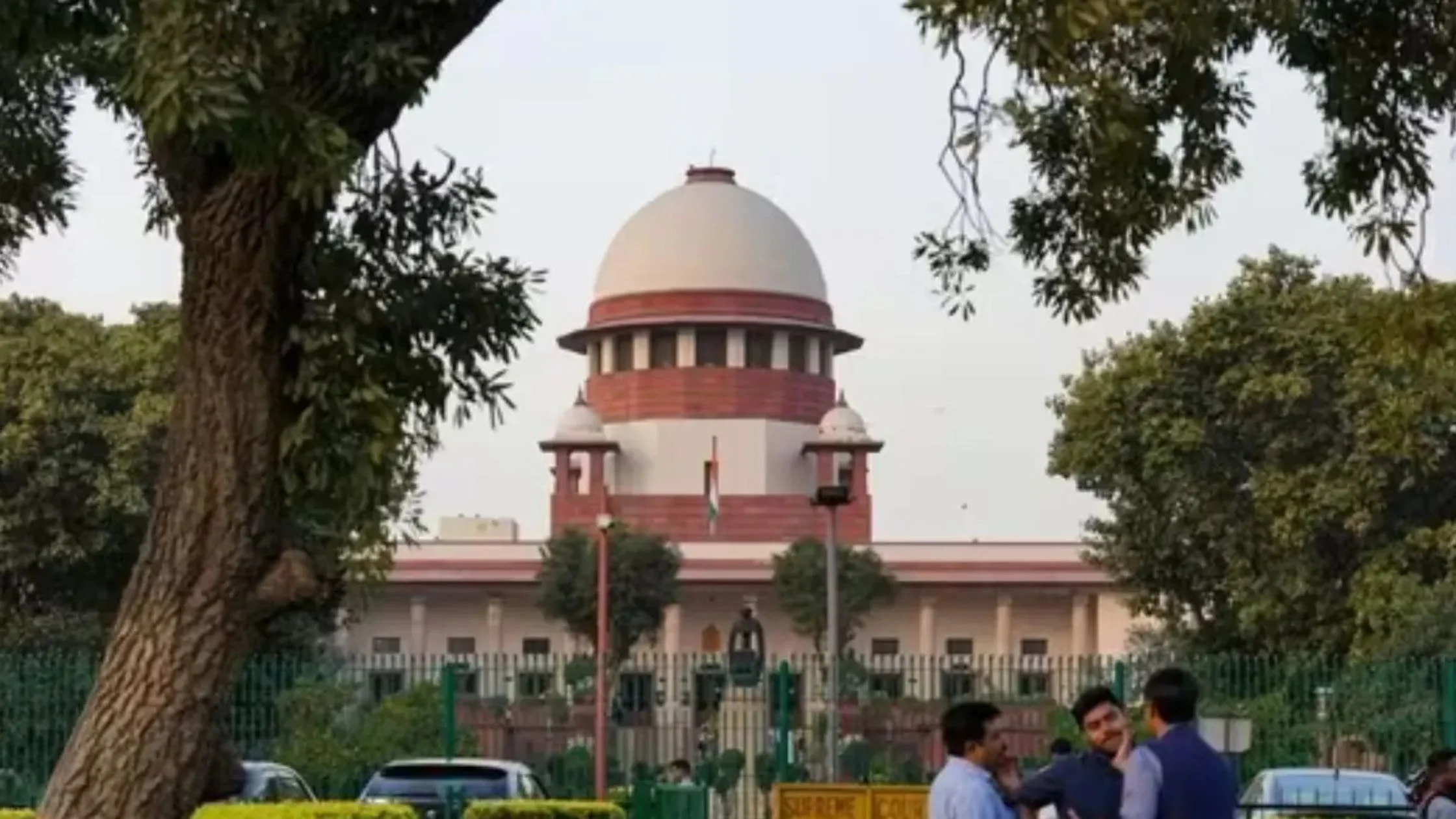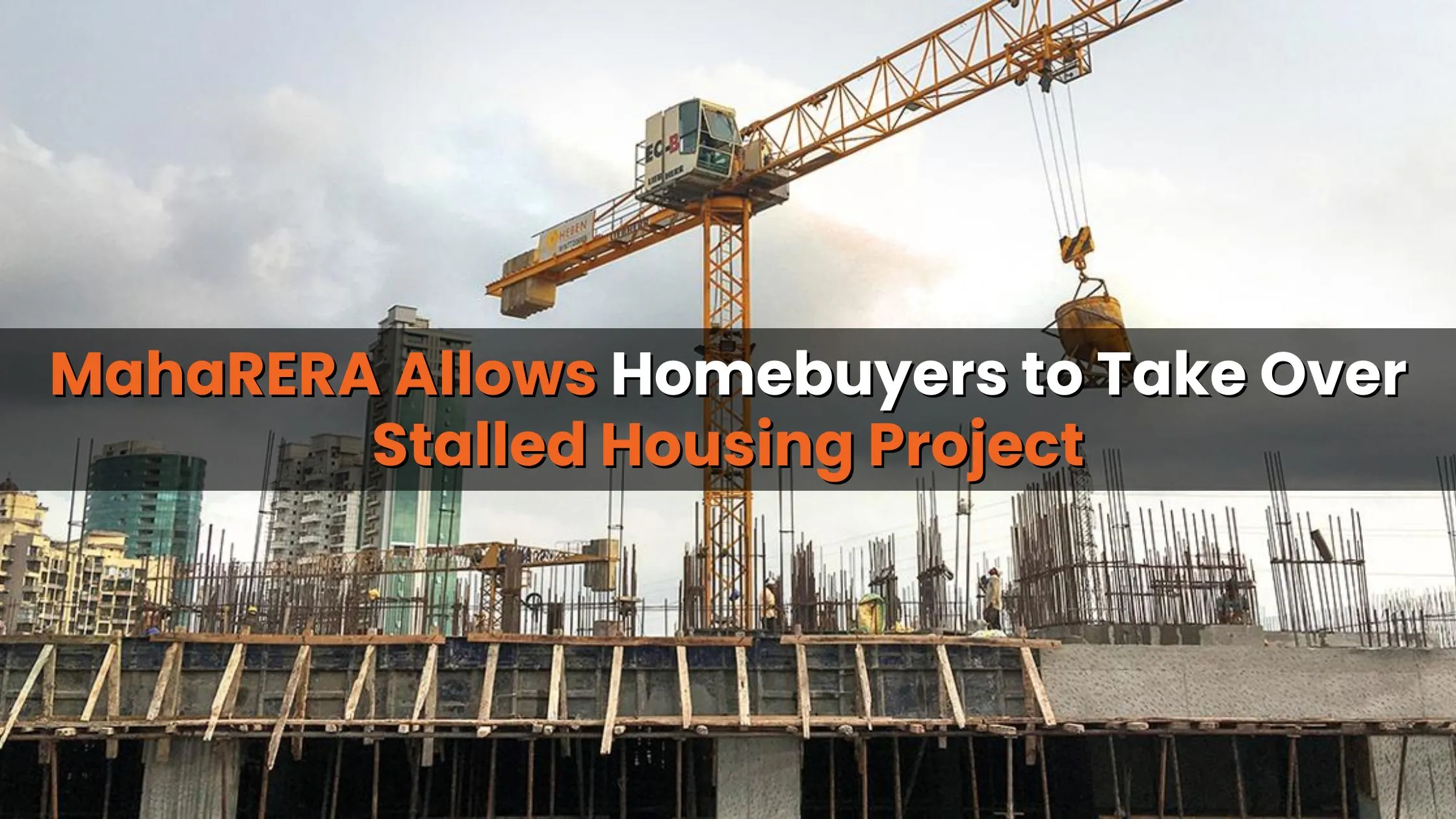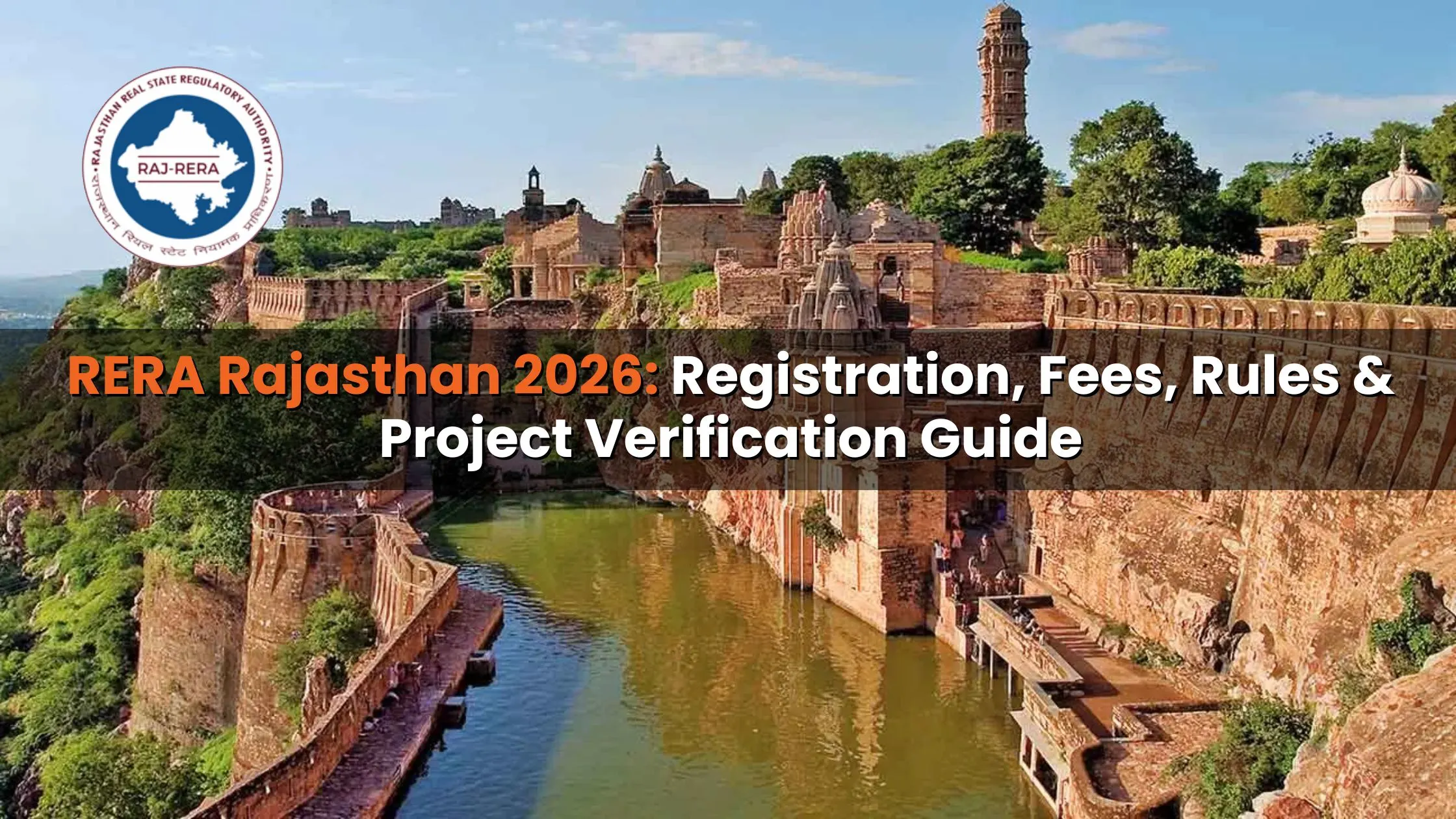Table of Content
▲
In recent years, the Maharashtra Real Estate Regulatory Authority (MahaRERA) has become an important body to deal with disputes in the real estate sector. Nevertheless, a recent case has raised doubts about what falls within the jurisdiction of MahaRERA, especially in the case of landowners. This article will investigate whether or not landowners can engage MahaRERA to resolve disputes with real estate developers.
Understanding MahaRERA’s Role
MahaRERA was created to safeguard homebuyers' interests, enforce clarity on property transactions, and ensure that developers meet their obligations. The authority has the power to resolve disputes between allottees, promoters, and real estate agents under the Real Estate (Regulation and Development) Act. However, its role only applies to those stakeholders, limiting the authority's effectiveness in addressing issues facing landowners, not a participant in the allottee process.
Also Read: Mumbai Set to Redevelop Slums in Jogeshwari, Chembur & Kurla
The Case in Question
A recent incident emanating from Kalyan, close to Mumbai, demonstrates this limitation. In this episode, a landowner Swastik Real Estate Developers, a partnership entered into an agreement with Mahindra Happinest Developers to sell 36,635 square meters of land for ₹90.20 crore. The deed of conveyance was executed in November 2019. The landowner later claimed that Mahindra Happinest Developers owed them ₹8.50 crore together with interest. The landowner then approached MahaRERA for relief.
Developer’s Defense and MahaRERA’s Decision
When the complaint was submitted to MahaRERA, the developer contested that the landowner was not an allottee as defined in the RERA Act. Therefore, the authority had no jurisdiction over the dispute. The developer contended that dispute resolution under MahaRERA is restricted to the relationship of allottees, promoters, and real estate agents. Since the complainant was and is fully acknowledged as a former owner of land, not an allottee, they were not party plaintiff and not an aggrieved party under the provisions of the Act.
MahaRERA, upon consideration of the case, supported the developer's position. The authority in its order mentioned that the complainant did not fall under the definition of allottee as per section 2(d) of the Act. Therefore, MahaRERA held that the landowner was not entitled to relief through the regulatory authority. This decision reflects an important part of MahaRERA’s purpose: it is meant to protect the rights of homebuyers that purchase land from developers not landowners who just sell land.
Implications for Landowners
The new ruling provided by MahaRERA demonstrates that landowners cannot use the remedies offered through MahaRERA to resolve conflicting issues with a developer if they are not an allottee, promoter, or agent as defined by the Act. Landowners that are in similar situations may consider potential other legal options. It is also noted that Swastik Real Estate Developers had also initiated a civil action seeking the same relief that was dismissed in favor or the developer as well. This ruling again highlights the limited nature of MahaRERA regarding disputes that fall outside the limited scope of the Act.
Conclusion
The ruling by MahaRERA serves as a clear reminder of the authority’s jurisdiction, which does not extend to disputes involving landowners who are not part of the allottee-promoter relationship. For those seeking resolution for payment discrepancies or other issues with real estate developers, it is essential to understand that MahaRERA is primarily designed to safeguard the interests of homebuyers. Landowners must, therefore, explore other legal remedies to address their grievances.
In summary, while MahaRERA has been instrumental in resolving disputes within its ambit, its mandate does not cover cases where the complainant is merely a former landowner. This distinction is critical for stakeholders in the real estate market to ensure that they pursue the appropriate legal channels for dispute resolution. Stay informed and consult legal experts to determine the best course of action for your specific situation.
Also Read: Godrej Properties Secures 6.54 Acres from CIDCO in Navi Mumbai for Rs 717 Crore

_1743143678.webp)




_1768985363.webp)


_1770286619.webp)
Ans 1. MahaRERA handles disputes involving allottees, promoters, and real estate agents under the RERA Act—not landowners who are merely selling or transferring land.
Ans 2. No, landowners who are not defined as allottees under section 2(d) of the RERA Act cannot use MahaRERA for dispute resolution, as demonstrated by the recent Kalyan case.
Ans 3. The RERA Act defines an allottee as a buyer who purchases property from a promoter. Landowners or sellers who do not fall under this definition are outside MahaRERA's jurisdiction.
Ans 4. In the Kalyan case, the landowner sought relief for a payment dispute, but MahaRERA ruled that since the complainant was not an allottee, the dispute was outside its jurisdiction.
Ans 5. Landowners must explore other legal avenues, such as civil litigation or arbitration, to resolve disputes with real estate developers.
Ans 6. The ruling clarifies that MahaRERA is strictly for issues related to the allottee-promoter relationship, urging landowners to use other legal remedies for their grievances.
Ans 7. MahaRERA is designed to protect homebuyers’ interests, ensure transparency in property transactions, and enforce developers' obligations under the RERA Act.
Ans 8. Understanding MahaRERA’s jurisdiction helps stakeholders especially landowners pursue the correct legal channels and avoid filing disputes that fall outside the authority’s scope.